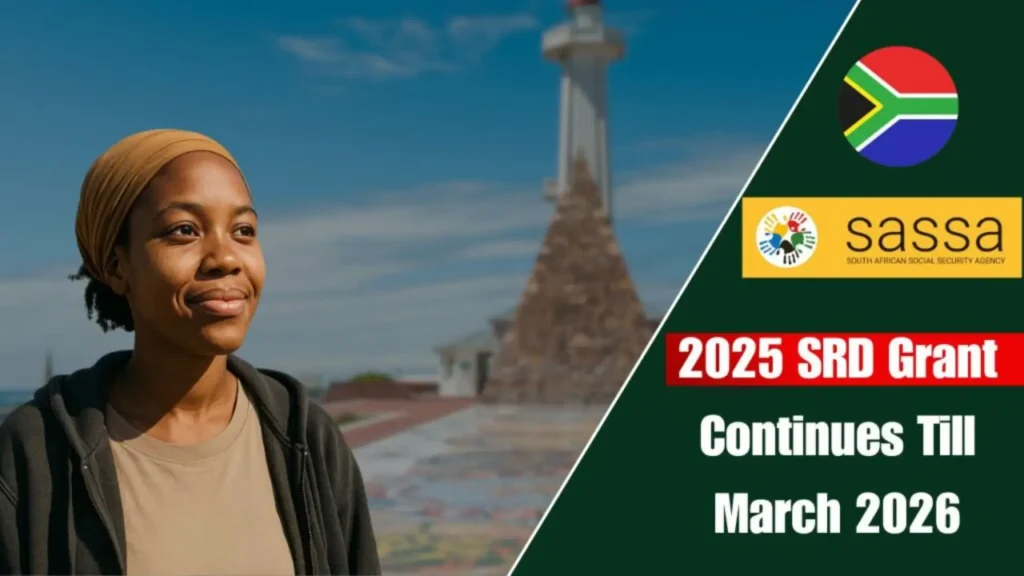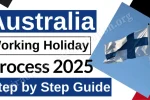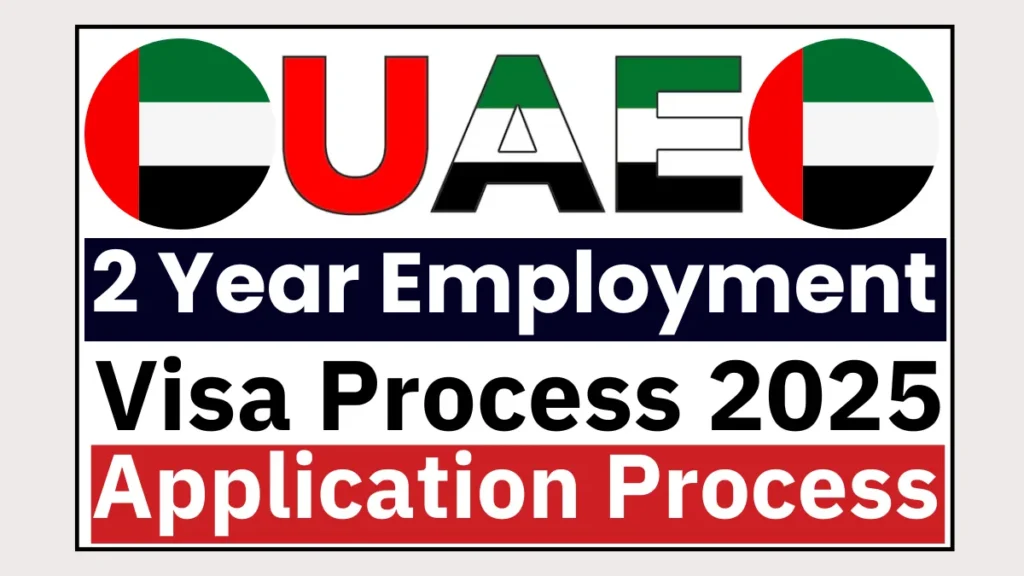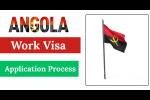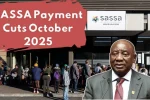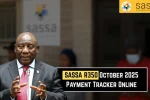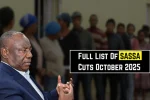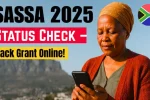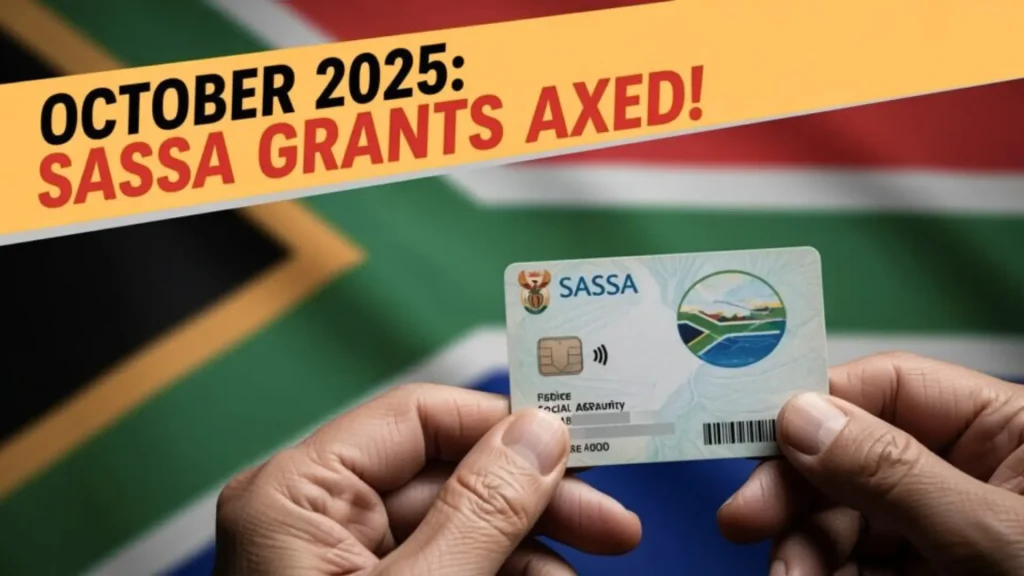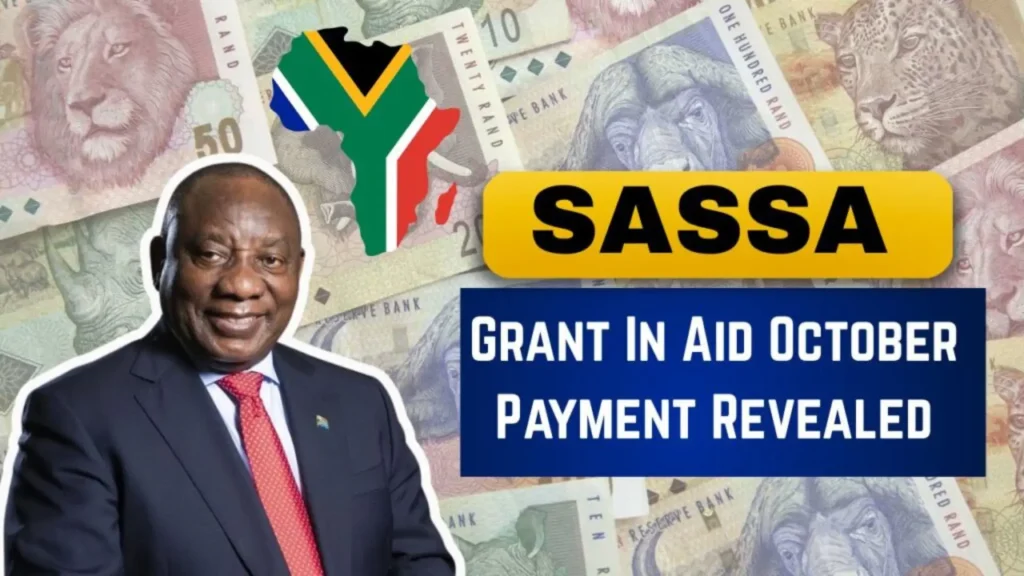SASSA Confirms SRD R370 Extension Until March 2026 – What Recipients Should Know. The Social Relief of Distress (SRD) grant will continue until March 31, 2026, providing crucial support of R370 per month to unemployed South Africans. This extension offers financial stability to millions who depend on it. In this article, we explain eligibility, payments, and what recipients should know to stay informed.
Why the SRD Grant Extension Was Necessary
The SRD grant began as a temporary measure during the COVID-19 pandemic to assist those who lost income. Over time, many South Africans came to rely on this support for basic survival. The National Treasury allocated 35.2 billion Rand in the 2025 budget to keep the grant running until March 2026.
This extension is part of a larger strategy to link social support with employment initiatives and skill-building programs, helping recipients transition to long-term financial stability. By extending the grant, the government ensures that vulnerable citizens continue to receive essential aid while planning for the future.
Updated Payment Procedure and R370 Value Details
The SRD grant will remain at R370 per month during the extended period. Unlike other social grants such as old-age or disability support, which are paid at the start of each month, SRD grant payments are typically made near the end of the month, between the 25th and 31st.
These dates may shift if they fall on weekends or public holidays. SASSA announces payment dates monthly, so beneficiaries should regularly check official notifications to avoid missing payments. It’s essential to rely only on official sources for accurate information.
Eligibility Criteria for SRD Grant 2025 Applicants
To qualify for the SRD grant, applicants must meet several requirements:
Age and Residency
Applicants must be between 18 and 59 years old and either a South African citizen or a legal resident. Refugees with proper documentation are also eligible to apply.
Financial Status
Applicants should not have a regular job or must earn very little income. The grant is intended for those who cannot afford basic living expenses independently.
Other Grants
Applicants cannot receive other social grants except for child support. This ensures that the SRD grant reaches people without alternative financial assistance.
Bank Account Requirements
Recipients must have an active bank account in their name to receive payments. SASSA verifies account details before releasing funds.
Proof and Verification
Applicants need to provide official documents such as an ID and proof of residence. Income verification may also be required. Officials periodically check information to ensure compliance. Recipients must reapply or confirm details for each payment cycle to maintain eligibility.
Changes Introduced with the 2026 Extension
The SRD grant extension brings several key updates for beneficiaries:
- Payments will continue until March 2026, giving recipients financial security and predictability.
- The government has set aside funds for the full period, demonstrating commitment to the program.
- Authorities will monitor how the grant can be improved, potentially linking it to job search assistance or employment programs.
- The monthly amount of R370 remains fixed, though inflation may reduce its real purchasing power over time.
This extension allows recipients to plan ahead and explore opportunities for long-term financial independence.
Steps for Applicants to Stay Updated and Maintain Access
To ensure uninterrupted payments and compliance, applicants should follow these guidelines:
- Keep Applications Active – Submit your SRD grant application every month or whenever requested by SASSA.
- Update Banking Details – Ensure your bank account information is correct to avoid delays in payments.
- Follow Official Announcements – Only trust news from SASSA regarding payment dates, rules, or eligibility changes.
- Plan for the End of the Grant – The SRD grant will end in March 2026. Start looking for jobs, learn new skills, or explore other support programs to maintain financial stability after the grant ends.
By staying proactive, recipients can continue receiving support without disruption and prepare for future independence.
Why the SRD Grant Remains Important
The SRD grant is more than a temporary financial aid program; it is a lifeline for millions of South Africans facing unemployment and poverty. The R370 monthly payment, while modest, helps cover essential needs such as food, utilities, and transport.
The government’s commitment to continue the grant until March 2026 signals the importance of social safety nets in reducing poverty and supporting vulnerable communities. Beneficiaries are encouraged to take advantage of this period to improve their skills and prepare for employment opportunities.
Frequently Asked Questions (FAQs)
Q1. Who is eligible for the SRD R370 grant?
Applicants must be South African citizens or legal residents between 18 and 59 years old, unemployed or earning very little income, and not receiving other social grants except child support.
Q2. When will SRD grant payments be made?
Payments are usually made near the end of the month, between the 25th and 31st, but dates may shift if they fall on weekends or public holidays.
Q3. How can I ensure I receive the SRD grant on time?
Submit applications monthly, update your banking details, and follow official SASSA announcements. Avoid relying on rumors or unofficial sources.
Q4. What changes with the 2026 extension?
The grant will continue until March 2026 at R370 per month. The government may study linking the grant to job programs or skill development initiatives.
Q5. Can refugees apply for the SRD grant?
Yes, refugees with proper documentation and legal permission to reside in South Africa are eligible to apply.
Conclusion
The SASSA SRD R370 grant extension until March 2026 provides critical financial support to millions of unemployed South Africans. By understanding eligibility, payment procedures, and official guidelines, recipients can ensure uninterrupted access to this aid.
The extension not only helps households survive but also gives time to plan for long-term stability, including seeking employment or skill development programs. Staying informed and proactive ensures beneficiaries maximize the benefits of the SRD grant while preparing for the future.
